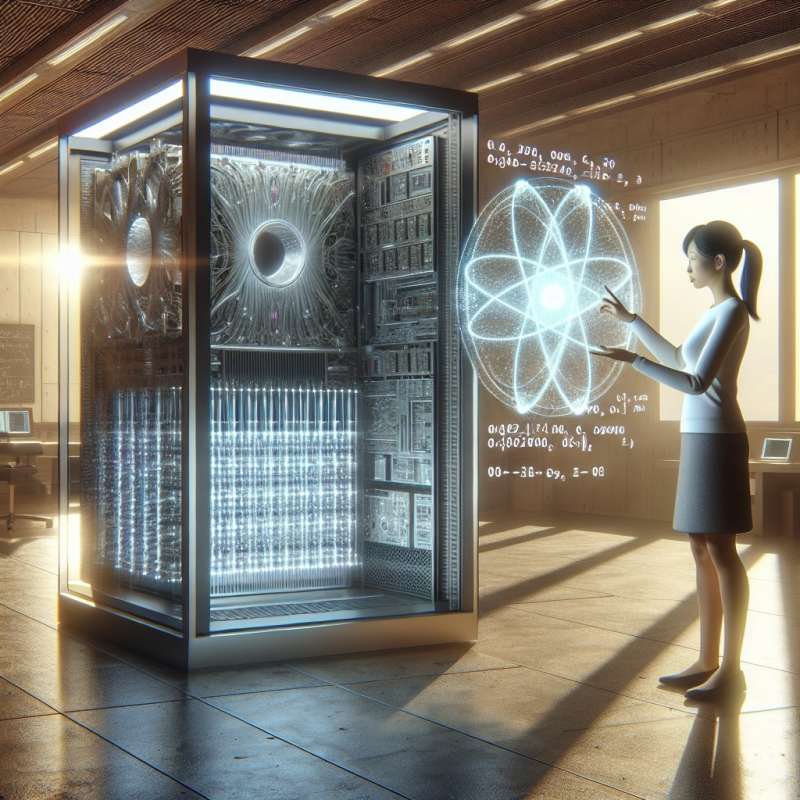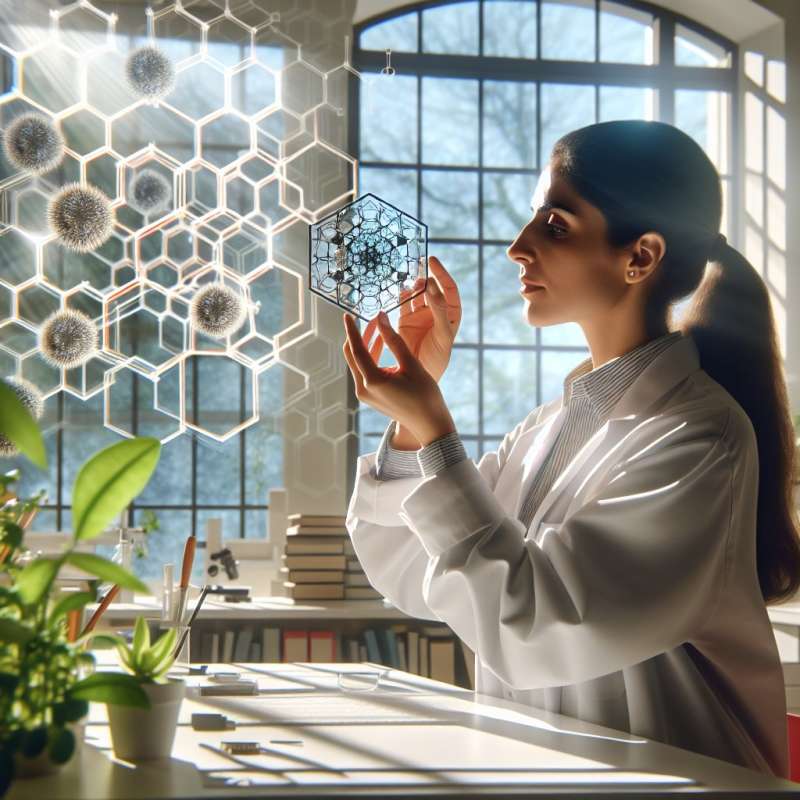
Defining Computers
A computer is an electronic device capable of processing information according to a set of instructions called a program. The term 'computer' once referred to humans who performed numerical calculations.
Evolution Over Time
The first electronic computers emerged in the 1940s. Notably, ENIAC, developed in 1945, filled a room and used enough electricity to power several homes, a far cry from today's laptops.
Binary Foundation
At their core, computers operate on binary code, a sequence of 0s and 1s. This simplicity belies their complexity, as billions of binary operations can occur in just a few seconds.
Quantum Computing
Quantum computers leverage the principles of quantum mechanics. They can process vast amounts of data simultaneously, potentially revolutionizing fields like cryptography and material science.
AI and Machine Learning
Artificial Intelligence in computers allows them to learn and make decisions, mimicking human intelligence. This is achieved through algorithms and data-driven machine learning models.
Environmental Impact
The environmental footprint of computing is significant. Data centers worldwide use about 1% of global electricity and contribute to e-waste, posing sustainability challenges.
Future Computing Materials
Researchers are exploring beyond silicon to materials like graphene, which could lead to faster, more energy-efficient computers, potentially operating with spintronics or organic components.
What did 'computer' originally refer to?
Electronic devices in the 1940s
People doing numerical calculations
Binary code processors
Company